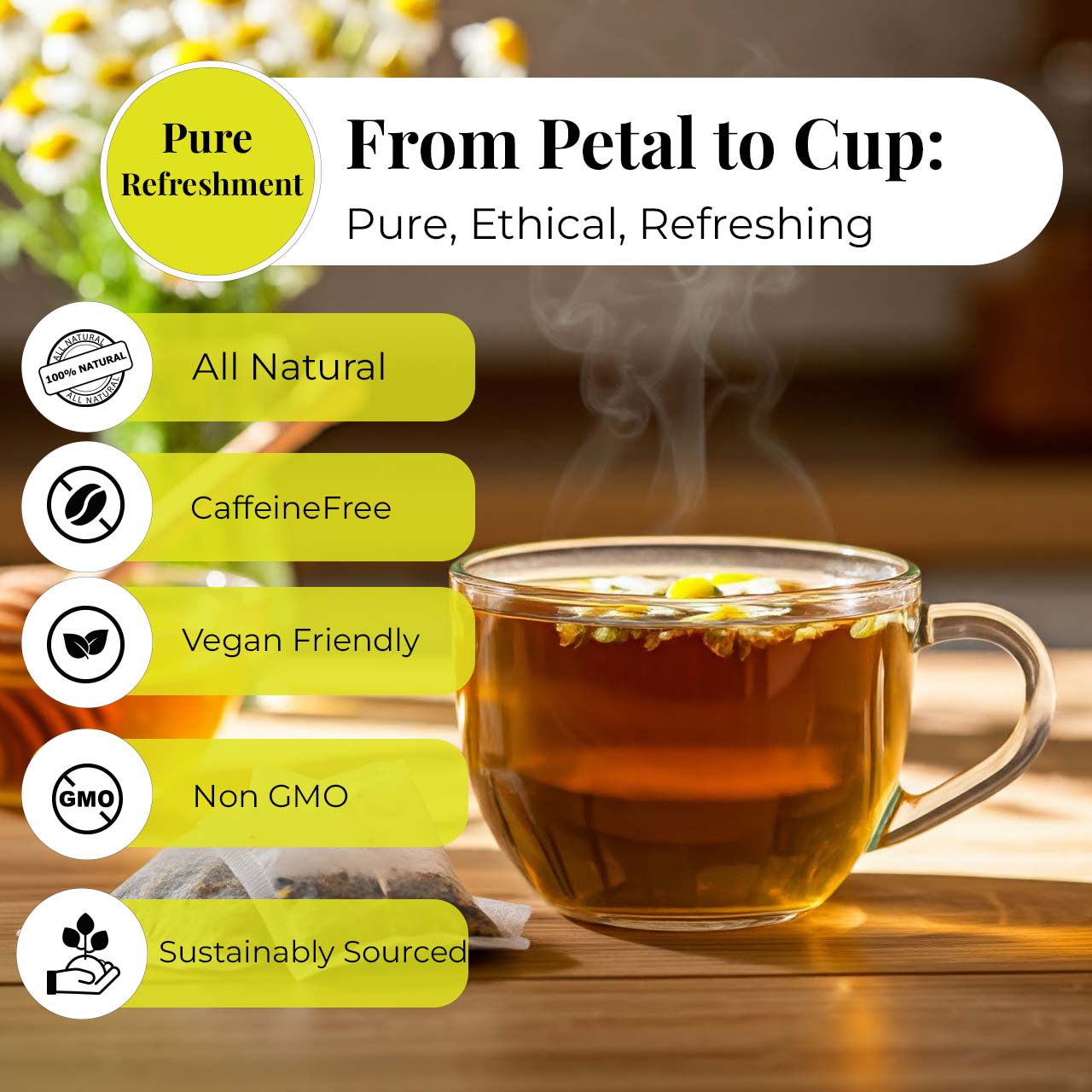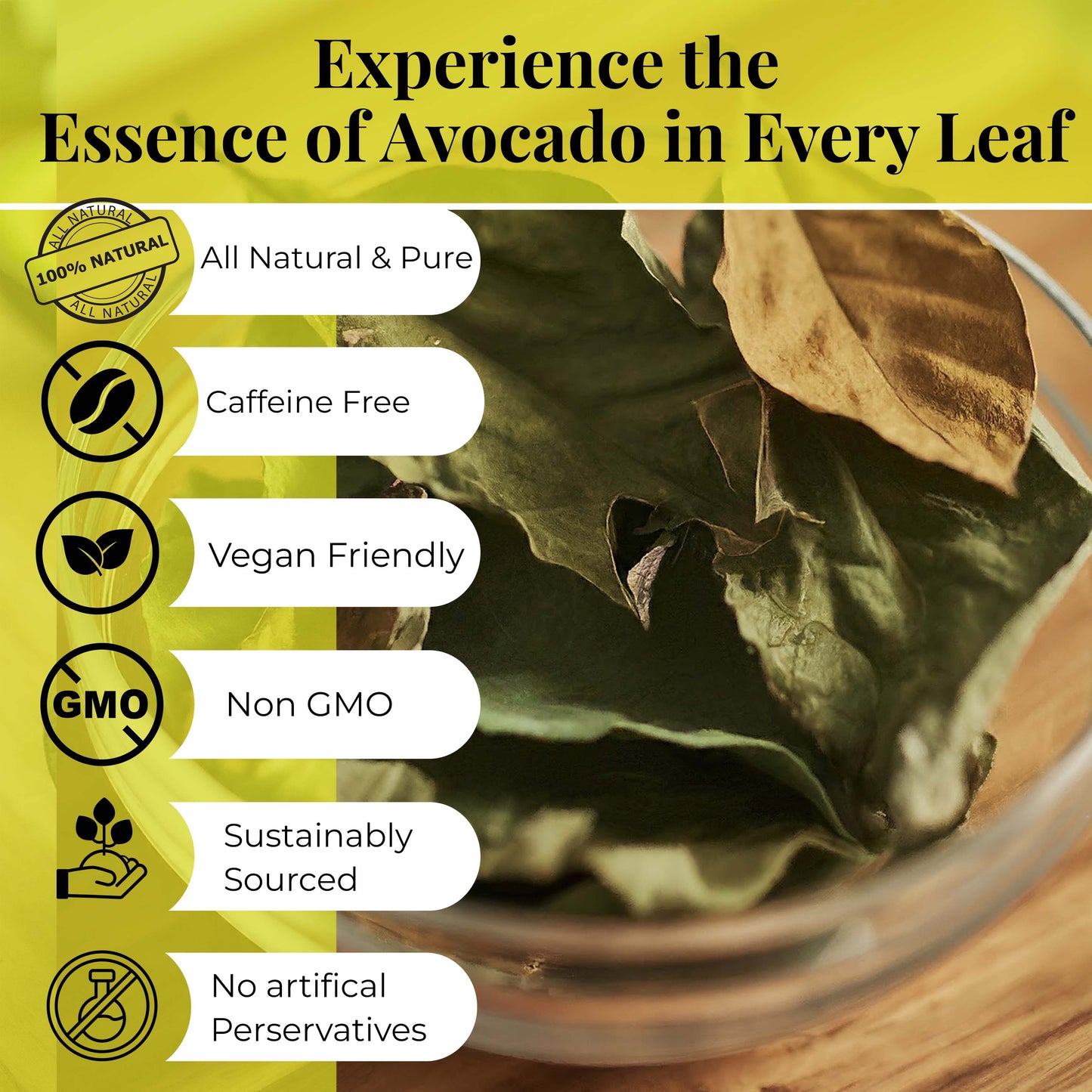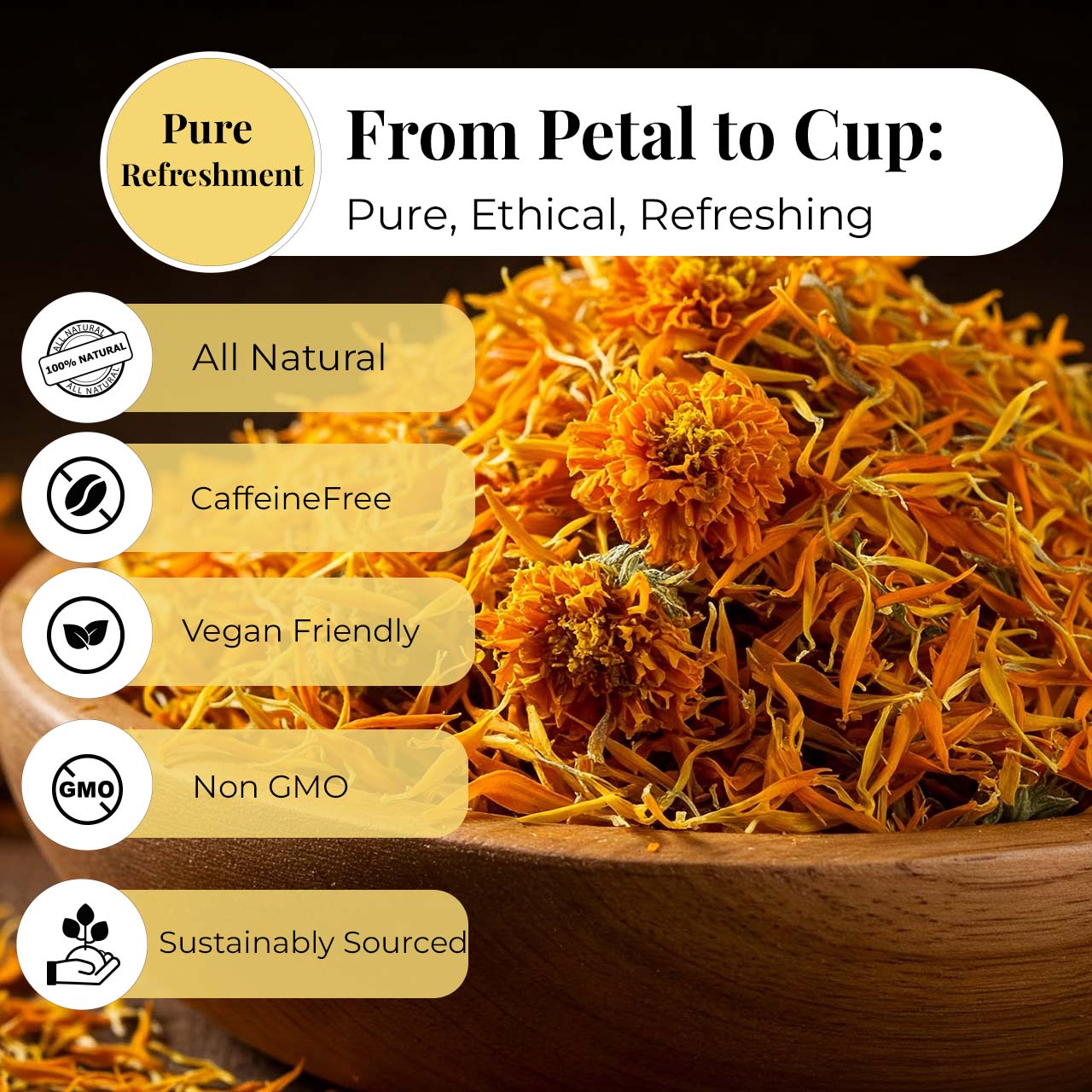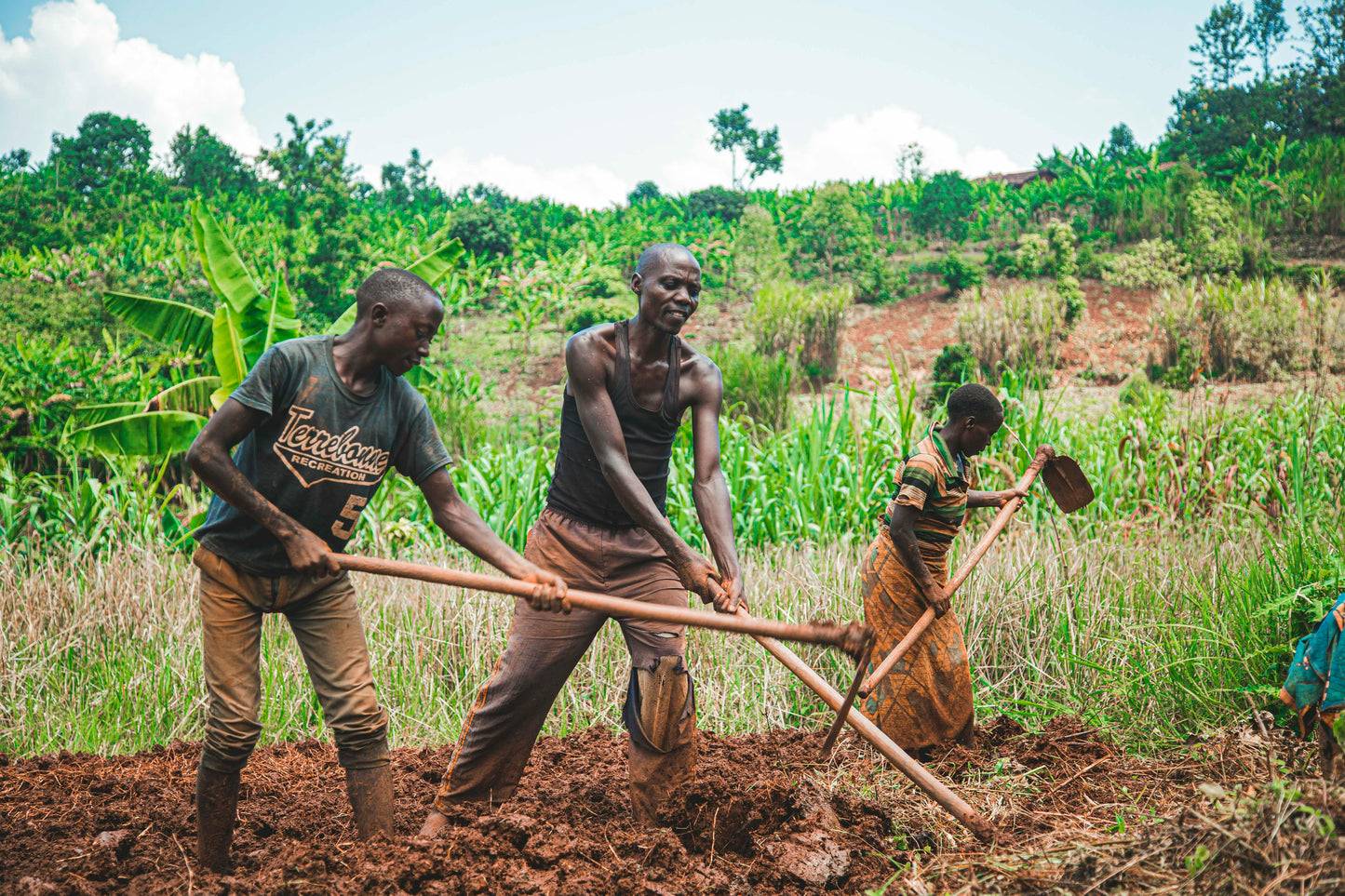Have you ever paused to think about how the herbs and spices in your kitchen make their way from a tiny farm thousands of miles away to your dinner table? Behind every pinch of cinnamon, cardamom, or turmeric lies a journey that intertwines human stories, environmental stewardship, and global trade. At the heart of this journey are two crucial values: sustainability and ethical sourcing.
In today’s world, where climate change and exploitation still cast shadows over agriculture, knowing where your food comes from—and how it’s grown—is no longer optional. It’s a responsibility. Let’s dive into how small farmers, ethical practices, and environmental care ensure that your herbs and spices reach you in the most responsible way possible.
The Journey of Herbs & Spices
Every spice starts with a seed. Farmers cultivate, nurture, and harvest them before they’re dried, packaged, and shipped across continents. This long path involves countless hands, but sustainability ensures that each step leaves a positive mark on both people and the planet.
Traceability is key—when you know the origin of your cinnamon or ginger, you’re not just buying flavor; you’re buying values.
Understanding Ethical Sourcing
So, what does ethical sourcing really mean? Simply put, it’s ensuring that farmers are paid fairly, work under safe conditions, and follow environmentally responsible practices. Ethical sourcing is about respect—for people, traditions, and nature.
The benefits ripple outward: farmers gain financial stability, consumers enjoy pure products, and ecosystems are preserved.
Spotlight on Small Farmers
Most of the world’s herbs and spices come from smallholder farmers, often cultivating just a few acres of land. These farmers form the backbone of the industry.
-
Empowering Rural Communities: Small farmers keep traditions alive, growing herbs in ways passed down through generations.
-
Women-led Farming Initiatives: In many regions, women play a central role, managing farms and driving local economies.
-
Profiles of Smallholder Farmers: Imagine Grace, a Ugandan farmer cultivating vanilla. Her work doesn’t just feed her family—it sustains a community.
Sustainable Farming Practices
Farmers are guardians of the land, and their methods matter:
-
Organic Cultivation: Avoiding synthetic pesticides keeps soil fertile and crops healthier.
-
Crop Rotation: By alternating crops, farmers restore soil nutrients naturally.
-
Water Conservation: Using drip irrigation saves water while maximizing yield.
-
Natural Pest Control: From neem oil sprays to intercropping, farmers harness nature to fight pests sustainably.
Environmental Considerations
Sustainability goes beyond farming techniques—it’s about the bigger picture:
-
Reducing Carbon Footprints: Local processing and renewable energy use cut emissions.
-
Protecting Biodiversity: Planting hedgerows and preserving wild habitats protect pollinators.
-
Preventing Deforestation: Ethical sourcing avoids suppliers who clear forests for farming.
Fair Trade and Farmer Welfare
Fair trade is more than a label—it’s a lifeline. By guaranteeing fair prices, farmers break free from poverty cycles. Fair trade funds often provide:
-
Education for children
-
Access to healthcare
-
Community infrastructure like wells and roads
Supply Chain Transparency
Transparency is trust. Certifications, audits, and farmer cooperatives help track each spice back to its roots. Today’s consumers hold power—by demanding transparency, they encourage brands to adopt honest practices.
The Role of Technology
Technology is transforming ethical sourcing:
-
Digital Platforms: Farmers sell directly to buyers, cutting out exploitative middlemen.
-
Smart Farming Tools: Sensors and apps help monitor soil and water use.
-
Blockchain: A growing tool that ensures traceability from farm to fork.
Challenges in Ethical Sourcing
Of course, the path isn’t without obstacles:
-
Climate Change: Rising temperatures threaten yields.
-
Demand vs. Capacity: Small farms sometimes struggle to meet global demand.
-
Price Pressures: Competing with mass-market suppliers isn’t easy.
Success Stories
Despite challenges, many success stories shine through. Farmer cooperatives in India, Uganda, and Sri Lanka have transformed lives, ensuring that communities thrive while protecting nature. Herbs like turmeric, ginger, and moringa are now symbols of resilience and empowerment.
Why Consumers Should Care
Every purchase you make is a vote. Cheap spices often come at the cost of farmer exploitation or environmental harm. But when you choose ethically sourced spices, you’re creating a ripple effect—supporting farmers, protecting forests, and ensuring future generations can enjoy the same rich flavors.
How Our Herbs & Spices Reach You
The journey doesn’t end at harvest. After careful drying, spices undergo strict quality checks, certifications, and eco-friendly packaging before they’re distributed. Each stage ensures that what lands in your kitchen is pure, safe, and responsibly sourced.
The Future of Ethical Spices
Looking ahead, trends like regenerative farming, consumer awareness, and innovative technologies promise a brighter, greener spice industry. The future belongs to conscious choices—and every sprinkle of spice can be a small act of change.
Conclusion
Sustainability and ethical sourcing aren’t just buzzwords—they’re lifelines for farmers, ecosystems, and the flavors we cherish. Every time you pick ethically sourced herbs and spices, you’re joining a movement that protects people and the planet. The next time you season your dish, remember: those tiny leaves and seeds carry big stories.
FAQs
1. What makes herbs and spices ethically sourced?
Ethical sourcing means farmers are fairly paid, work under safe conditions, and follow environmentally friendly practices.
2. How do small farmers benefit from fair trade?
Fair trade guarantees stable pricing, empowering farmers to invest in education, healthcare, and community projects.
3. Are organic spices always sustainable?
Not always. While organic practices are better for soil and health, true sustainability also considers fair labor and eco-friendly supply chains.
4. How can I check if my spices are ethically sourced?
Look for certifications, brand transparency, and direct partnerships with farmer cooperatives.
5. Why does sustainability matter in the spice industry?
Because unsustainable practices can harm ecosystems, exploit farmers, and reduce the quality of spices over time.






























